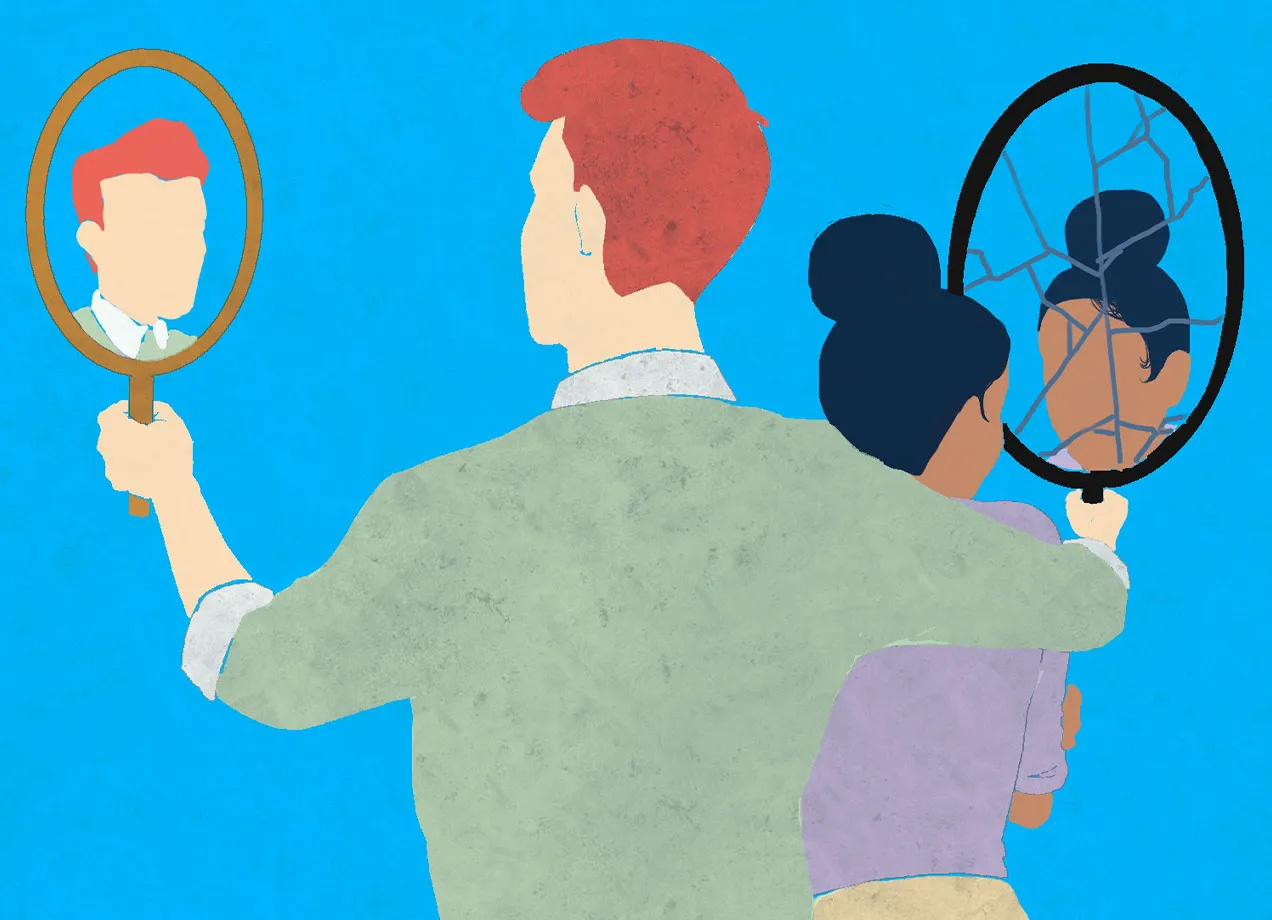When you have an egoistic partner, it’s easy to feel like you're living in their shadow. Their constant need for attention and validation often leaves little room for your feelings and achievements.
This imbalance can make you feel invisible, unappreciated, and emotionally drained.
Egoistic partners tend to dominate conversations, turning every topic back to themselves. Your successes might be downplayed or ignored, while their minor accomplishments are celebrated.
Over time, this one-sided dynamic can erode your self-esteem, making you question your worth and contributions.
Succumbing to an egoistic/ narcissistic partner is like holding a hot coal waiting to throw at them, because the constant dismissal of your feelings, your authenticity, the identity can make you resentful not just towards them, but also towards yourself.
In fact, They may dismiss your concerns or fail to recognize their role in disagreements, leaving issues unresolved and tensions high.
The emotional neglect from an egoistic partner creates a void in the relationship. Instead of a partnership built on mutual respect and support, it feels more like a one-person show where your needs are sidelined.
This can lead to resentment, frustration, and a sense of isolation.
Moreover, an egoistic partner's inability to empathize can make it difficult to resolve conflicts.
But here’s what you can do instead;
1. Understand Their Behavior
Egoistic behavior often masks deeper insecurities. Try to understand the underlying reasons for their egoism. This doesn’t mean excusing their behavior, but understanding the root cause can help you navigate interactions more effectively. More often than not, these people want to feel heard and seen.
2: Focus on Positive Reinforcement
Acknowledge and appreciate moments when your partner displays humility or considers your perspective. Positive reinforcement can encourage more of this behavior and gradually shift their focus from self-centeredness to mutual respect.
3: Set Clear Boundaries
Establishing boundaries is crucial. Clearly communicate what behaviors are unacceptable and stick to these boundaries consistently. This can help prevent the egoistic behavior from overwhelming your relationship and ensure your needs are respected.
4: Foster Open Communication
Encourage honest and open dialogue about how their behavior affects you. Use "I" statements to express your feelings without sounding accusatory. For example, "I feel unappreciated when my opinions are dismissed."
5: Assess the Relationship
Continuously evaluate the health and viability of your relationship. Consider whether the relationship is contributing positively to your life or causing more harm than good. It’s important to recognize when it might be time to seek change or move on for your own well-being.
Hope That Helps
Here’s Your YouTube Recommendation of the week:
See You Next Sunday !!!



